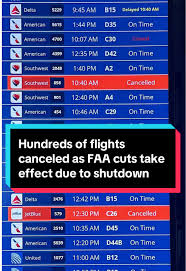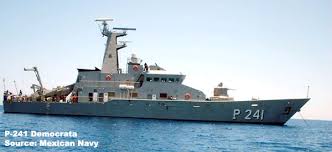
Introduction
Hezbollah is a Lebanese political and militant group that has played a pivotal role in shaping both the domestic landscape of Lebanon and the broader dynamics of Middle Eastern conflicts. Founded in the early 1980s, Hezbollah emerged during the Lebanese Civil War and has since evolved into a significant player on the global stage. Understanding Hezbollah’s influence is critical not only for grasping the complexities of Lebanese politics but also for comprehending regional geopolitical tensions, especially in the context of Iranian support and Israeli conflicts.
Hezbollah’s Political Influence
Over the years, Hezbollah has transitioned from a militia organization into a viable political entity. In the 2005 Lebanese parliamentary elections, the group won a substantial number of seats, solidifying its position within the Lebanese government. Today, Hezbollah controls several key ministries and has maintained robust support among its Shiite base, particularly in southern Lebanon and parts of Beirut. The group’s ability to blend military and political strategies has enabled it to wield considerable power despite international sanctions and criticism.
Military Activities and Regional Operations
Hezbollah is also known for its military operations against Israel, most notably the 2006 Lebanon War, which underscored its military capabilities and resilience. Its involvement extends beyond Lebanese borders, as the group has supported various factions in Syria during the ongoing civil war, aligning itself with the Assad regime. Analysts estimate that Hezbollah has deployed thousands of fighters to enhance Syria’s military operations, further showcasing its strategic importance to Iran and its allies.
Current Developments and Implications
Recent developments in the region, including ongoing tensions between Iran and Israel, have kept Hezbollah in the spotlight. According to reports, the group continues to bolster its military arsenal, with substantial support from Tehran, particularly in missile technology. The threats of retaliatory strikes against perceived Israeli aggression have maintained a tense atmosphere, impacting the security situation in Lebanon and surrounding regions.
Conclusion
Hezbollah’s dual role as both a political party and a military force makes it a significant player in both Lebanese and regional politics. As tensions between regional players escalate, Hezbollah remains influential in shaping the future of Lebanon and contributing to the broader geopolitical landscape in the Middle East. The implications of Hezbollah’s activities will likely reverberate beyond Lebanon, affecting relations between regional powers and influencing international policy decisions concerning Iran, Syria, and Israel.






